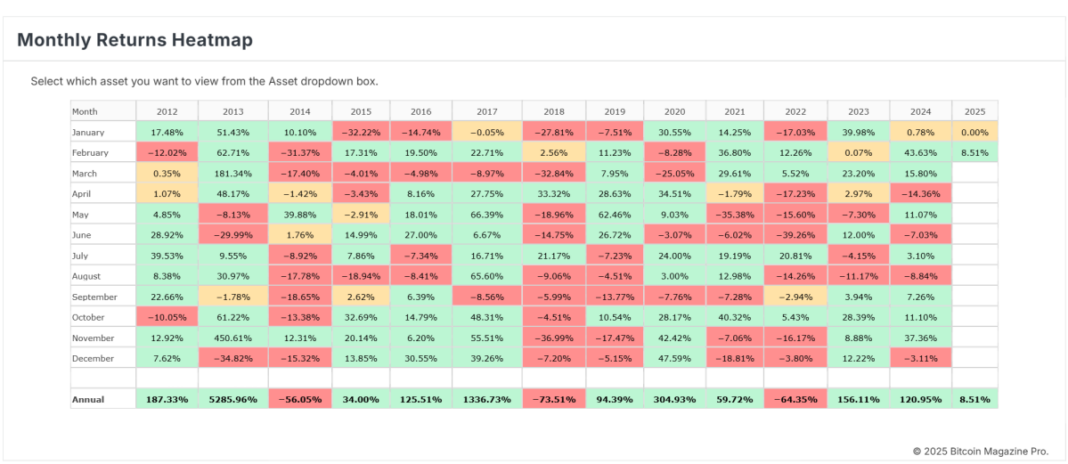In today’s dynamic economic landscape, seasoned investors are reevaluating their portfolios and considering the potential of Bitcoin as an alternative to traditional assets like real estate. With a finite supply and transformative growth potential, Bitcoin presents a compelling case for forward-thinking investment strategies.
Real Estate: The Illusion of Stability
Real estate has long been regarded as a safe haven for preserving wealth. However, the housing market is not immune to systemic risks such as interest rate hikes, government intervention, and economic downturns. Moreover, property investments often require significant maintenance costs, taxes, and liquidity sacrifices.
Bitcoin, in contrast, offers unparalleled portability, resistance to confiscation, and immunity from local economic or geopolitical disruptions. Unlike property, Bitcoin has no maintenance costs or physical constraints.
The Rise of Bitcoin as a Store of Value
Bitcoin’s limited supply of 21 million coins establishes it as “digital gold” for the 21st century. Over the past decade, Bitcoin has consistently outperformed other asset classes, delivering exponential returns despite volatility.
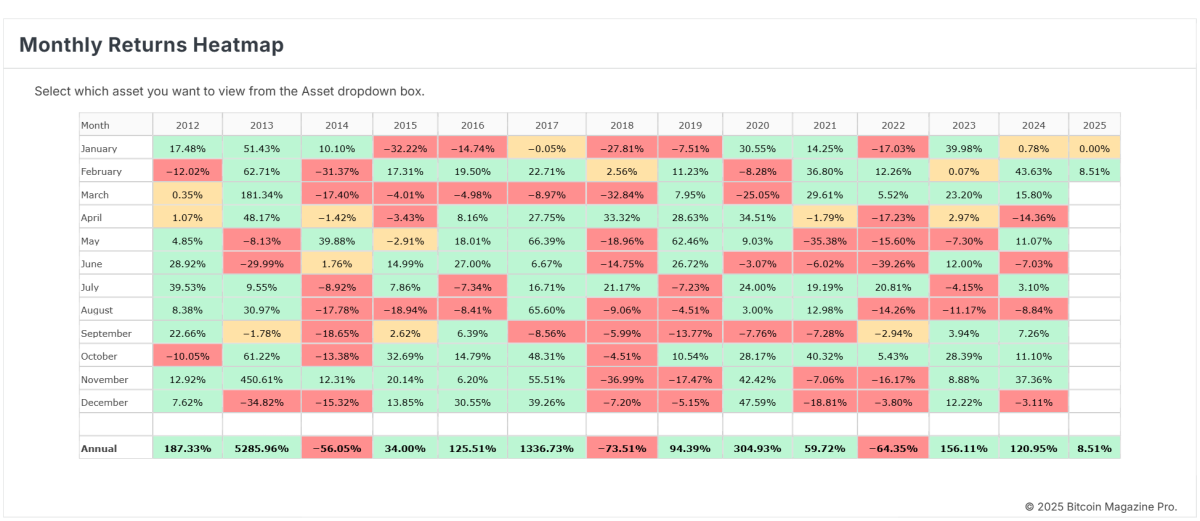
In comparison, real estate’s appreciation is often tied to inflation and government monetary policy, which can diminish its true value over time. Bitcoin, on the other hand, operates on a deflationary model, ensuring scarcity and preserving purchasing power.
Liquidity and Accessibility
Real estate investments often require lengthy transactions, high fees, and significant regulatory hurdles. Selling a property can take months, tying up capital and reducing agility. Bitcoin, however, offers instant liquidity and can be traded 24/7 on global exchanges. This accessibility empowers investors to move their wealth seamlessly across borders.
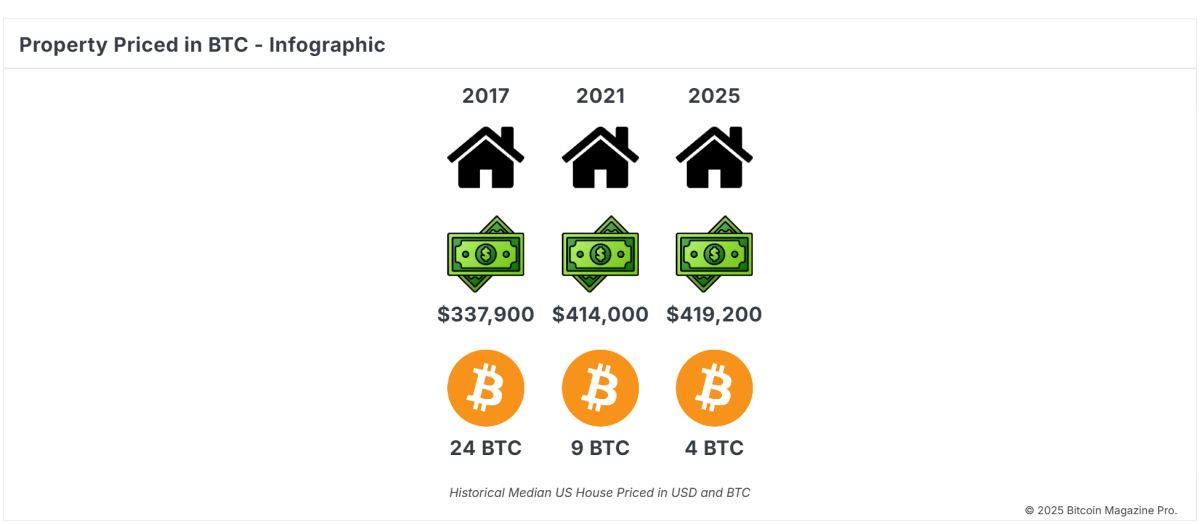
The data underscores Bitcoin’s ability to preserve and grow wealth more effectively than traditional property investments.
Hedging Against Inflation
Real estate prices often mirror inflationary trends but fail to outpace them significantly. Bitcoin, designed as a hedge against fiat currency devaluation, has demonstrated its resilience in inflationary periods. As central banks continue to print money at unprecedented rates, Bitcoin’s finite supply ensures its value is protected from monetary debasement.
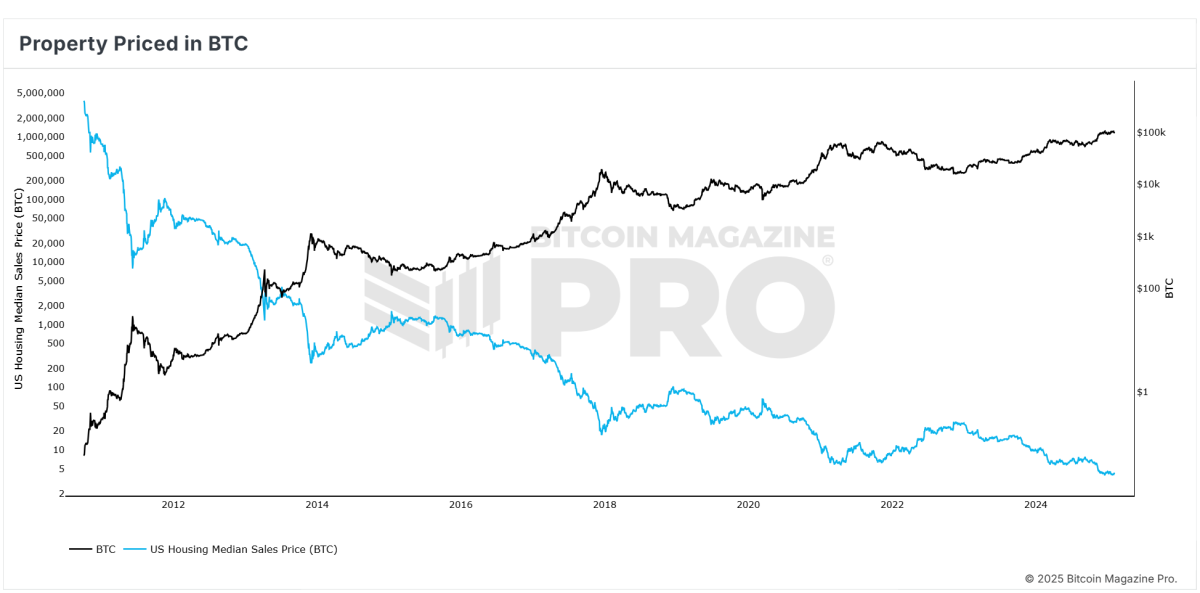
Flexibility for Modern Investors
Today’s investors prioritize flexibility and global access. Real estate is a localized, illiquid asset that limits mobility. Bitcoin, by contrast, is borderless and allows for decentralized ownership without reliance on traditional financial systems. This feature is especially attractive to younger, tech-savvy investors who value freedom and control.
A Bold Vision for the Future
Bitcoin is more than just a speculative asset; it’s a financial revolution. By embracing Bitcoin, smart investors position themselves at the forefront of this paradigm shift. As Bitcoin adoption grows, its value proposition becomes increasingly clear: a robust, deflationary asset designed for the modern economy.
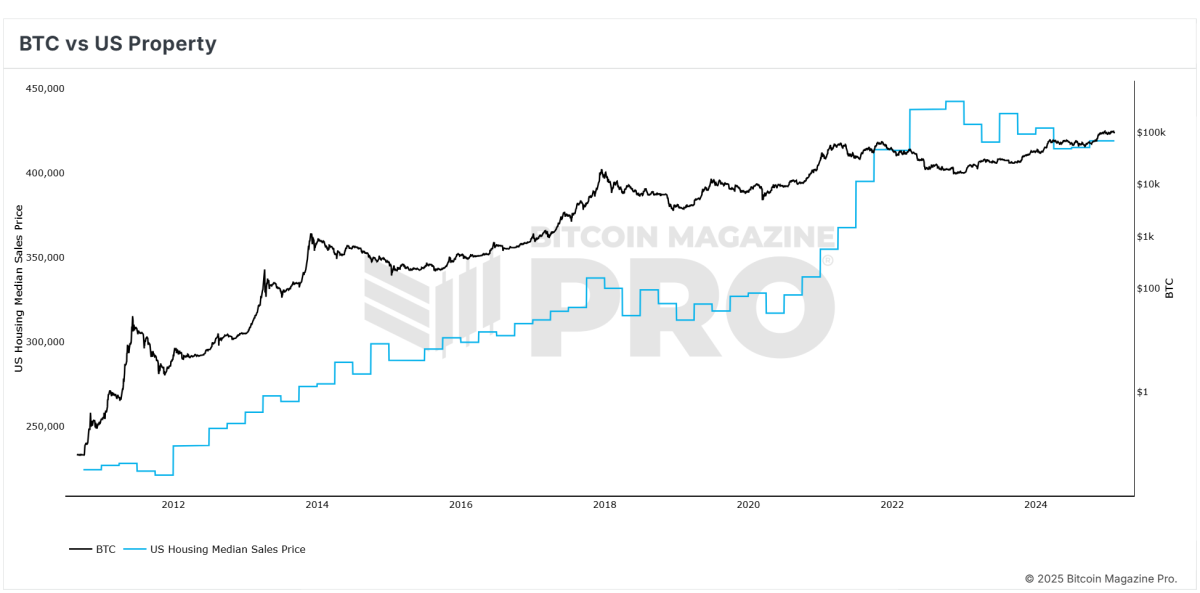
Conclusion
While real estate has historically been a cornerstone of investment portfolios, Bitcoin offers a transformative alternative that aligns with the demands of a rapidly evolving global economy. For those seeking to preserve wealth, hedge against inflation, and capitalize on groundbreaking technology, Bitcoin is the asset of choice. The question is no longer “Why Bitcoin?” but rather “Why not Bitcoin?”
If you’re interested in more in-depth analysis and real-time data, consider checking out Bitcoin Magazine Pro for valuable insights into the Bitcoin market.
Disclaimer: This article is for informational purposes only and should not be considered financial advice. Always do your own research before making any investment decisions.

